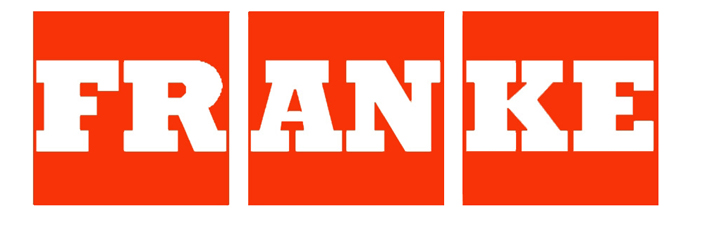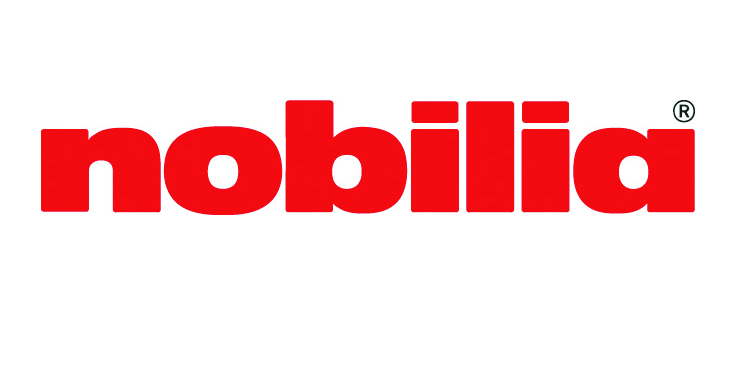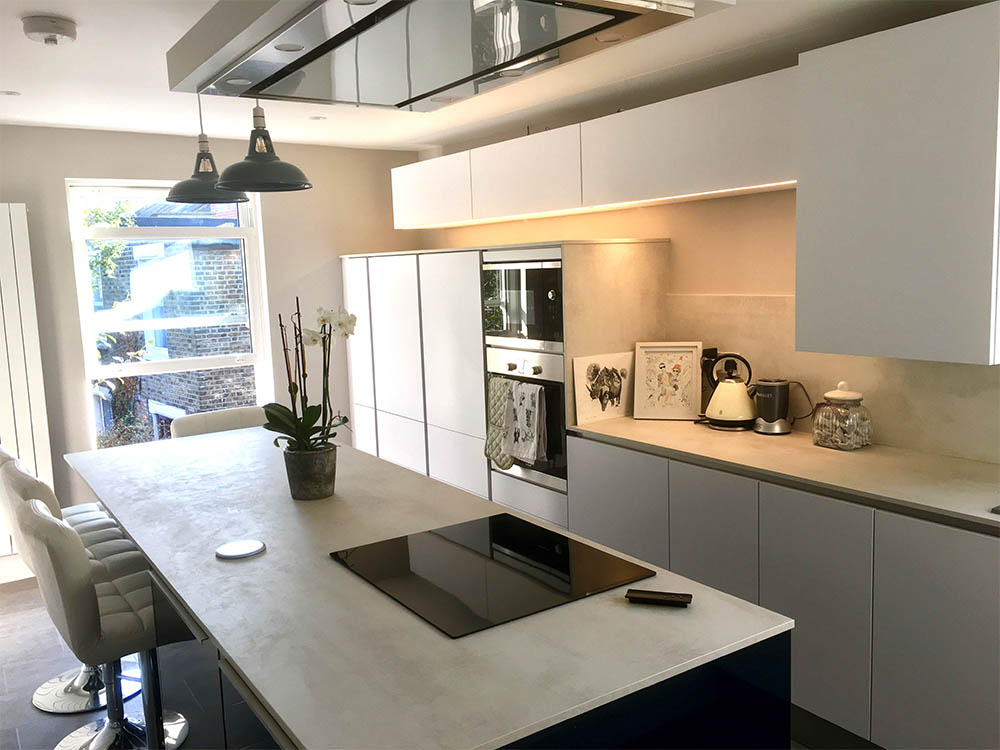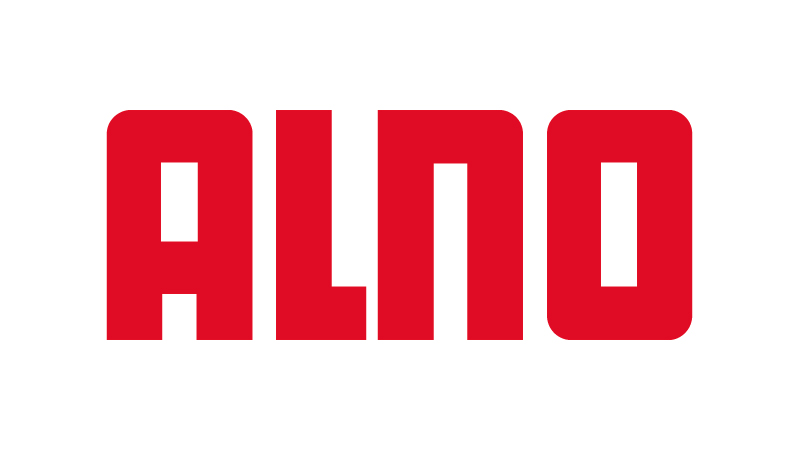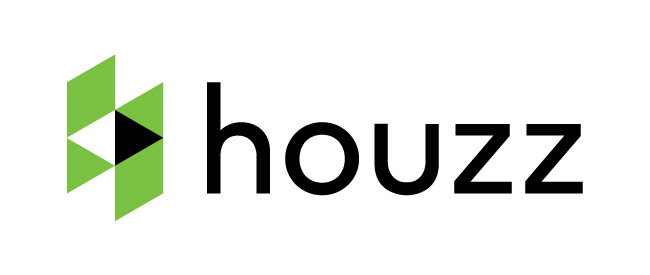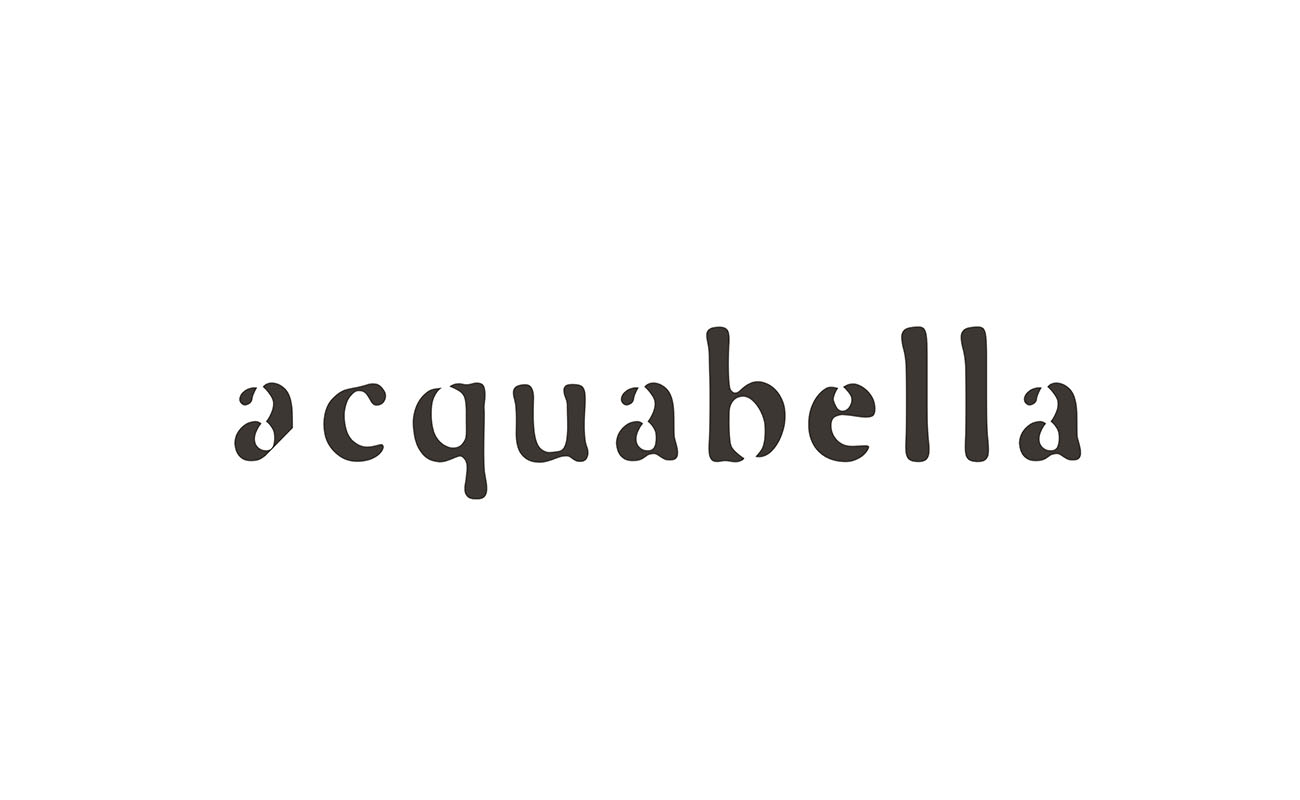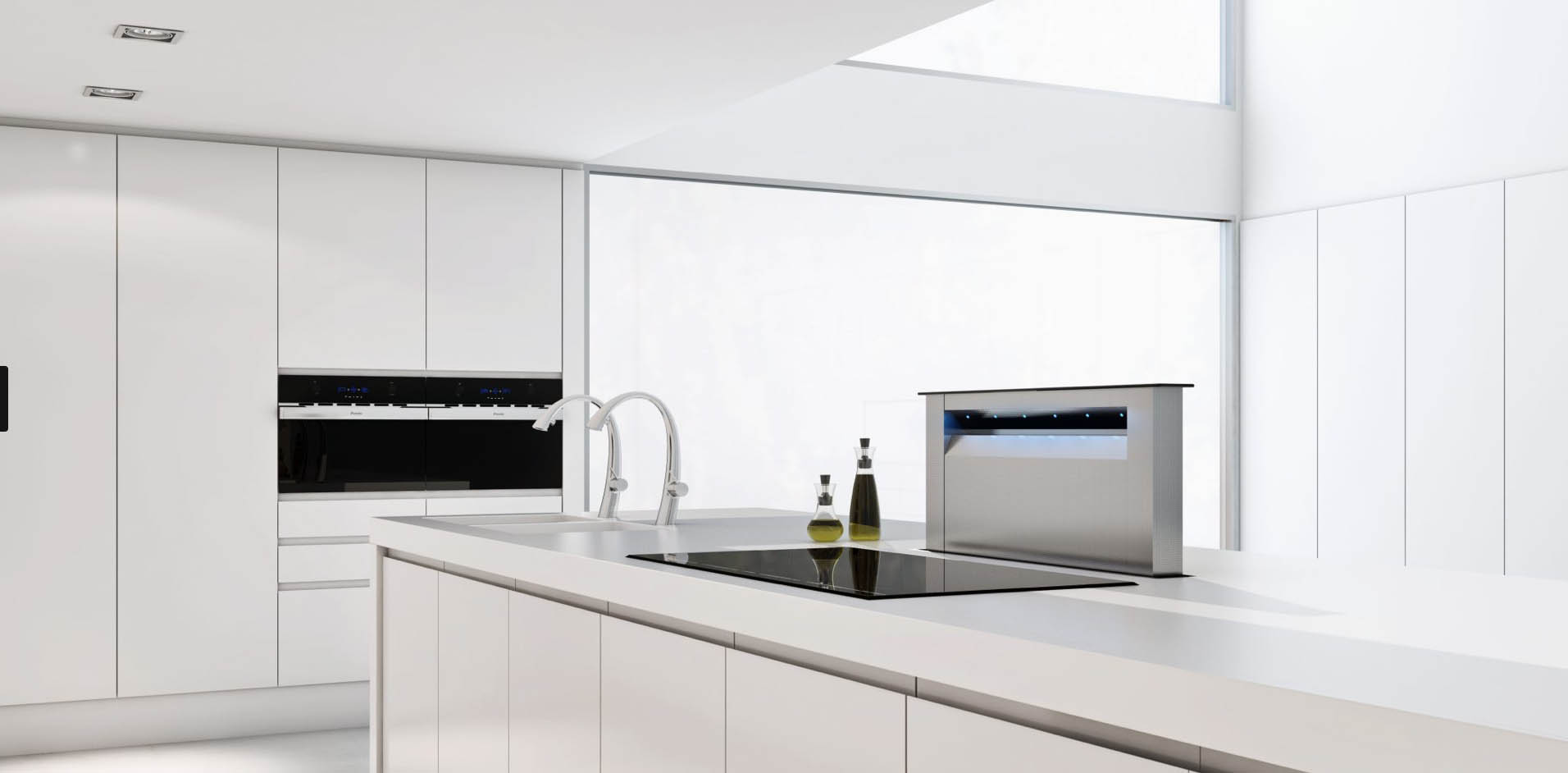AS we have reported of late and have witnessed at each of the kitchen trade shows we have attended in the last 12 months, the Germans are reaching our UK as well as our hearts.
German kitchens offer the homeowner a new perspective on quality, engineering and attention to detail that is dominating the kitchen industry as it started to dominate the car industry from the 1980’s onwards, and which today, over 30 years later, ask anyone what nation are considered to be good engineers and 9 times out of 10, our Bravarian cousins will feature in the response.
What Do German Kitchens Offer?
Whilst most UK manufacturing businesses (outside of the car industry) are considered ‘light industry’ with smaller factories and perhaps a couple of hundred workers, the German kitchen industry is not ‘light’ by any standard and in most of the German brand of kitchen manufacturers you would find a factory footprint, workforce and automation not unlike that found at VW, BMW or Mercedes.
One of the biggest differences from German kitchens and how they are made compared with other, non automated manufacturing processes is that of quality control. This is across the product range and whether the kitchens are high gloss, matt, or when the design and build are a bit more intensive, as with handleless kitchens, the output is still the same and the quality is uniform.
It is a sad but true fact that robots are more precise than humans at things like making cars or kitchens and as a result, whilst there is a more significant start up cost in buying those robots and programming them, after a short period in time, they start to save money for their owners over having a larger (all human) workforce. This efficiency and quality control whilst beneficial in terms of a superior product, with less defects, the efficiency element also means that there are cost savings to the manufacturer which helps keeps the cost down for the end customer.
However, as with most German kitchens, the components are not just manufactured but like in car plant, they are also assembled, this also reduces the installation and fitting time and saves the customer money in this regard to, but as with the factory process, reduces mistakes during the installation as the process is made easier.
German Invasion
The names that are becoming leaders in the UK kitchen industry are Hacker, Poggenpohl, Nobilia, Alno, Nolte, Bauformat and Pronorm.
Out of those manufacturers of German kitchens listed, Hacker, Poggenpohl and Nobilia are generally considered to be the leading three with Schüller and Pronorm next and the others a close third but it’s the likes of Hacker, Poggenpohl and Nobilia that are really benefiting from a surge in UK demand.

